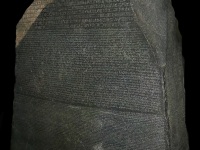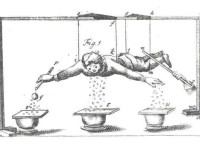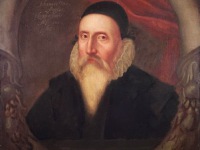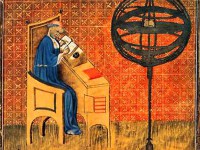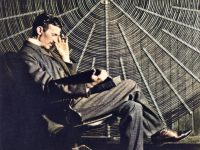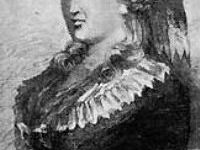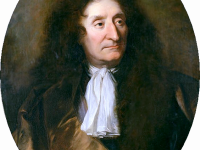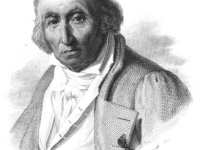Cracking the Code – Champollion and the Rosetta Stone
On July 15, 1799 in the Egyptian village of Rosetta Pierre-François Bouchard, Captain of the French expedition army on Napoleon‘s Egyptian Campaign discovered an unimpressive black stone with some written inscriptions on it. But this black stone, later referred to as the Rosetta Stone, should become the central key to deciphering the long lost secret of the Egyptian hieroglyphics. The Riddle of Egyptian Hieroglyphs By the end of the 6th century AD, by…
Read more











